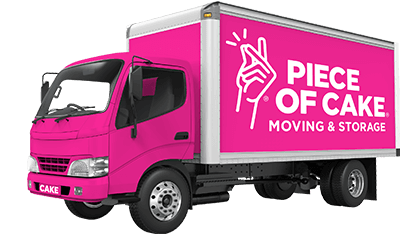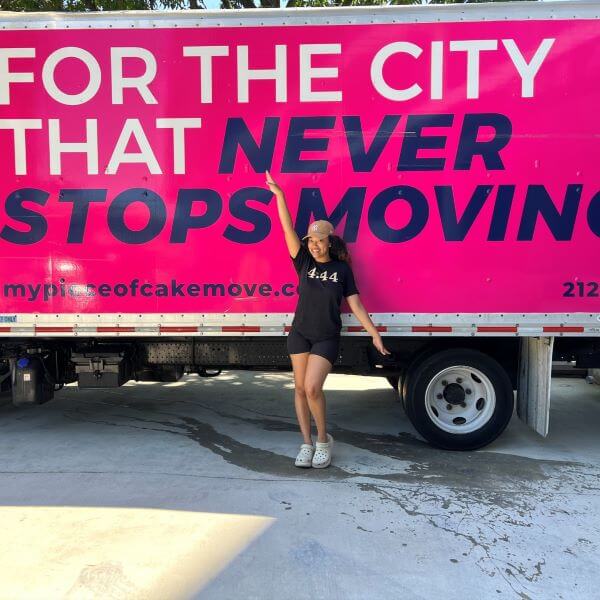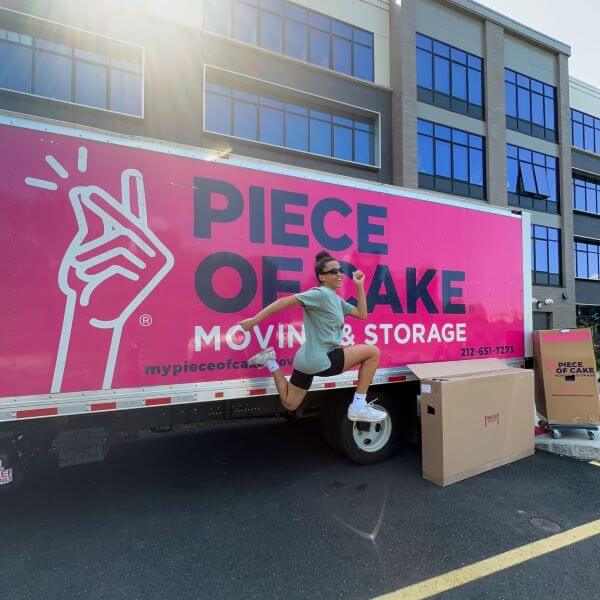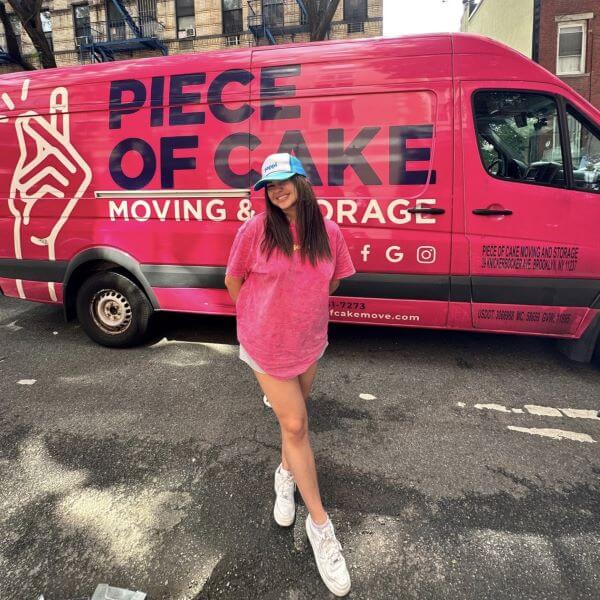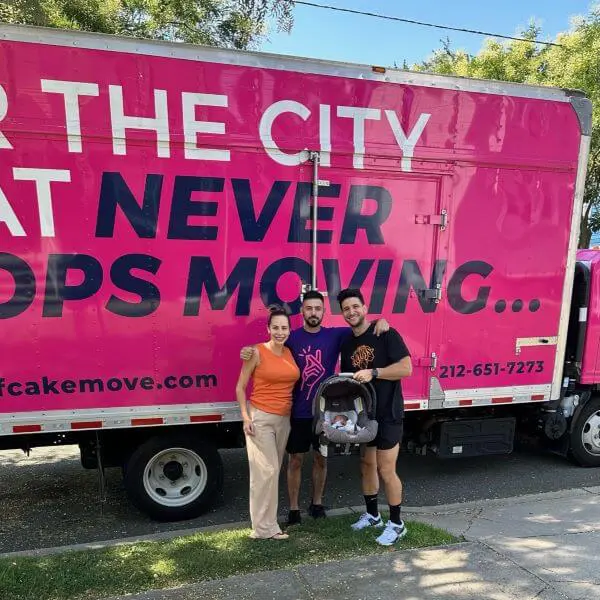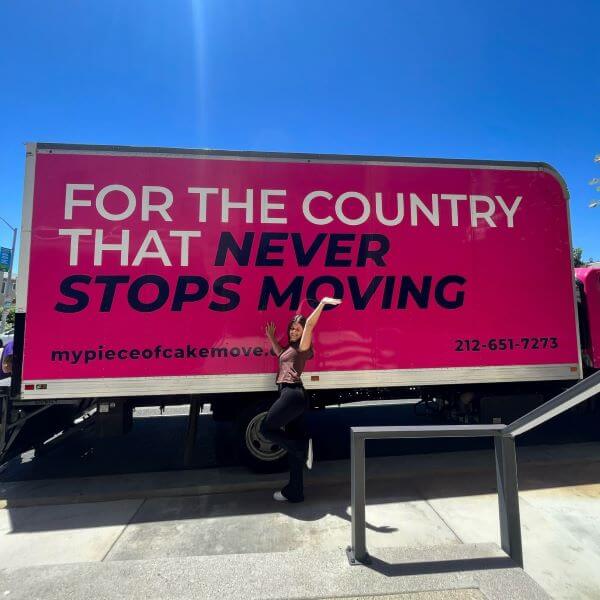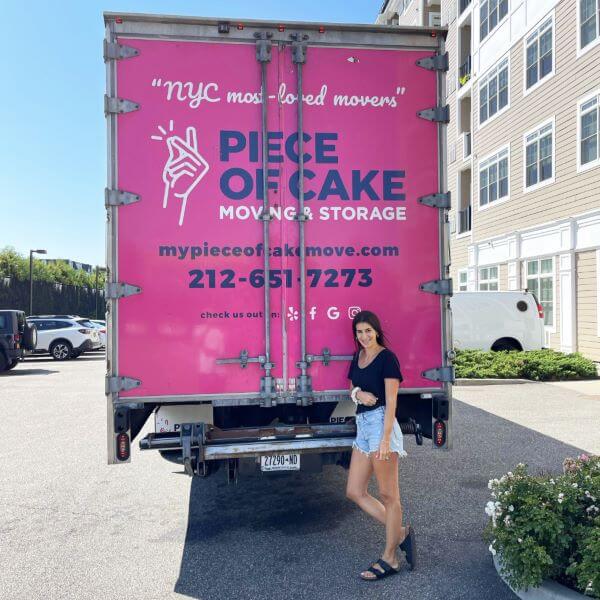Average Moving Costs in Miami: Factors that Affect Moving Prices
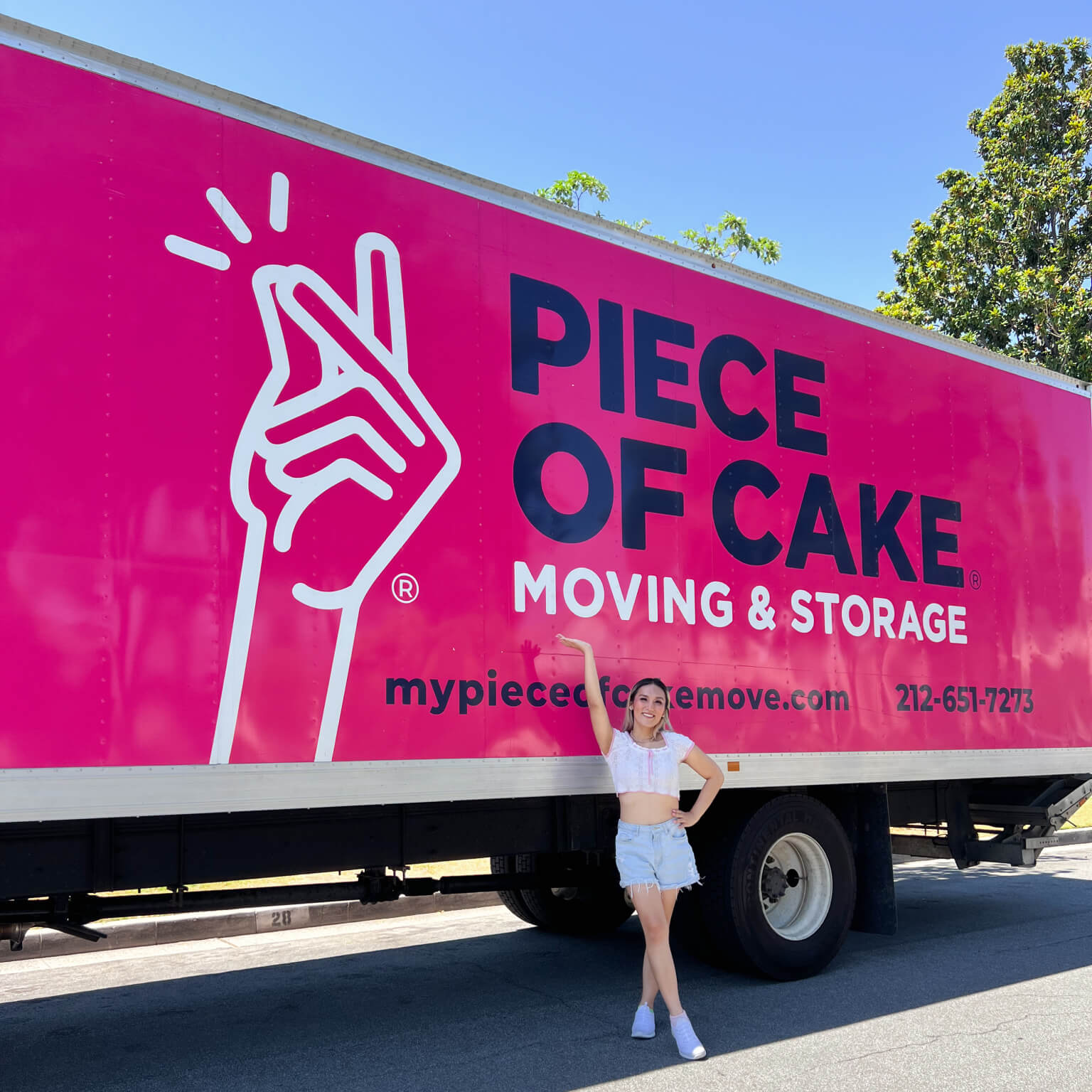
In the sun-soaked city of Miami where life moves at the pace of its bustling beaches and energetic nightlife, understanding the cost of moving is essential. Many people assume moving costs are just about the moving day, but in reality the expenses begin accumulating before the trucks arrive.
From the cost of packing supplies to additional insurance coverage or transferring utilities, the financial aspects of moving can add up quickly before the actual moving day. Miami’s diverse housing market also means moving costs can vary dramatically based on your specific moving needs and location.
Below, we provide a guide to help you gauge Miami moving costs, just keep in mind these are estimates and not fixed rates. At Piece of Cake Moving & Storage, we pride ourselves on offering dependable, flat-fee pricing and can tailor an Miami moving quote specifically for your moving needs for a smooth transition into your new home.
Here’s what we’ll cover in this guide to help you accurately estimate your Miami moving costs:
Miami Moving Cost by Type
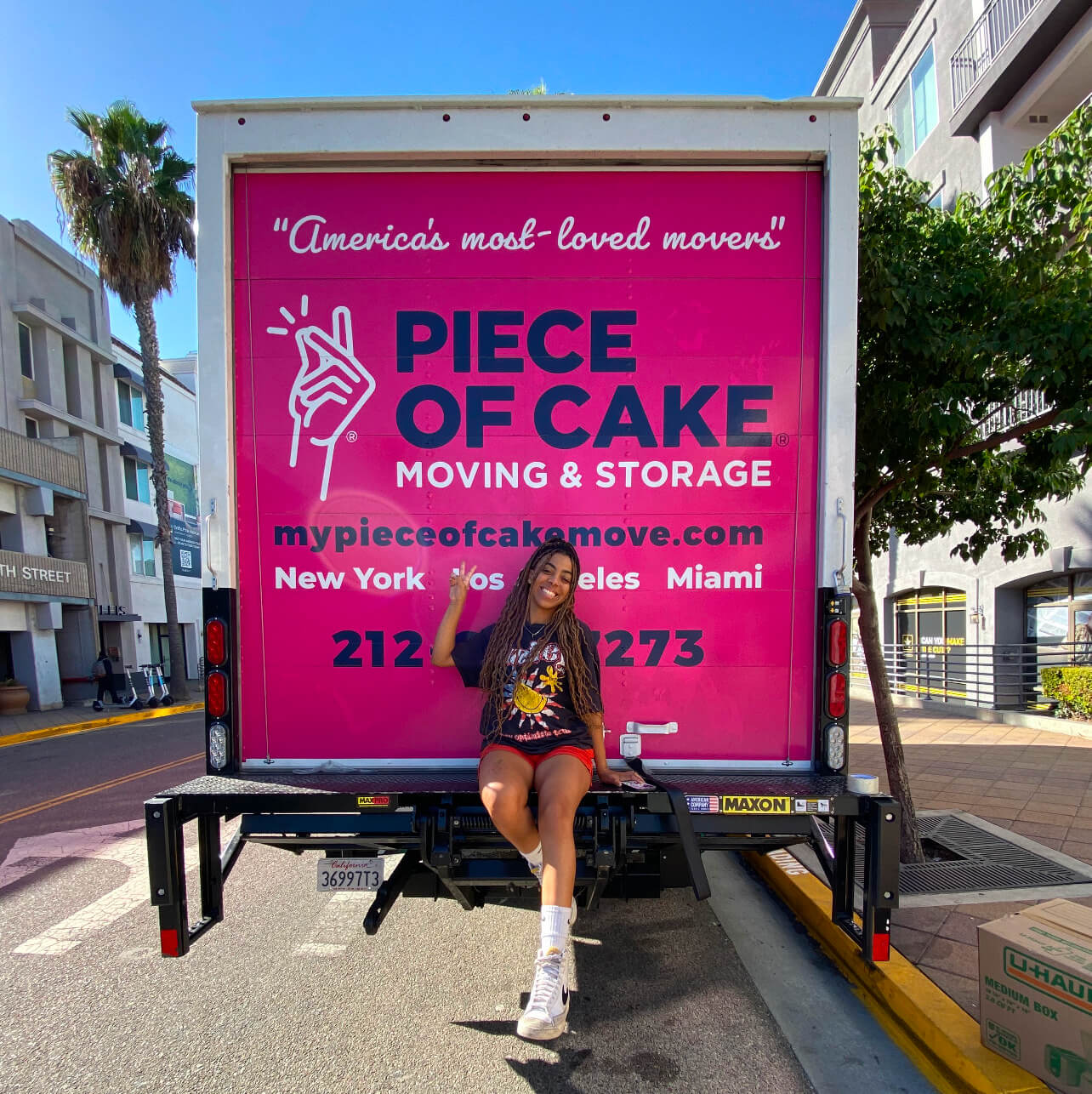
- Local Moves
- Long-distance Moves
- Specialty Items
Miami Local Moves
For local moves within Miami, costs can vary significantly based on factors like the size of your home. On average, moving within Miami costs $950 and can range anywhere from $450 for a studio to $1,850 for a large home.
Table of Average Miami Local Moving Costs by Size
| Location | Size | Average Local Moving Cost |
|---|---|---|
| Miami | Studio | $450 |
| Miami | 1+ Bedroom | $750 |
| Miami | 2+ Bedroom | $1,050 |
| Miami | Large House | $1,850 |
Miami Long-distance Moves
Out-of-state long-distance moves from Miami generally cost an average of $2,050, depending on the distance and volume of items. Factors like fuel costs, tolls, or an expedited drop-off delivery also influence the final price.
| Location | Move Type | Average Moving Cost |
|---|---|---|
| Miami | Out-of-State | $2,050 |
Specialty Items or Services
When planning a move, accounting for specialty items is crucial as they often require additional care and can significantly impact moving costs. Specialty items include furniture like pianos, art, antiques, or gym equipment, which need special packing, handling, and transportation considerations to ensure they arrive safely. The complexity of moving these items stems from their size, weight, fragility, or value.
For example, moving a grand piano not only involves securing the instrument properly but also requires hiring specialized piano movers who are trained to handle such delicate yet bulky items. Similarly, artwork and antiques might need custom crating and climate-controlled transport for the best protection while in transit.
These types of specialty items can increase the overall moving costs due to the need for specialized equipment and the expertise of trained movers. The time needed to properly secure and transport these items, as well as the building complexity, can also be cost factors, especially if your movers have a time-based cost calculation rather than a flat-fee move. If you have specialty possessions, discuss these items with your movers for an accurate quote.
Opting for additional moving add-ons, like third-party insurance for higher coverage and protection, or a white-glove moving service, will also add to your overall moving costs. These services provide an extra layer of security and care for your belongings but come at a premium price. It’s important to consider whether the added expenses align with your moving needs and budget.
Miami Moving Cost by Size
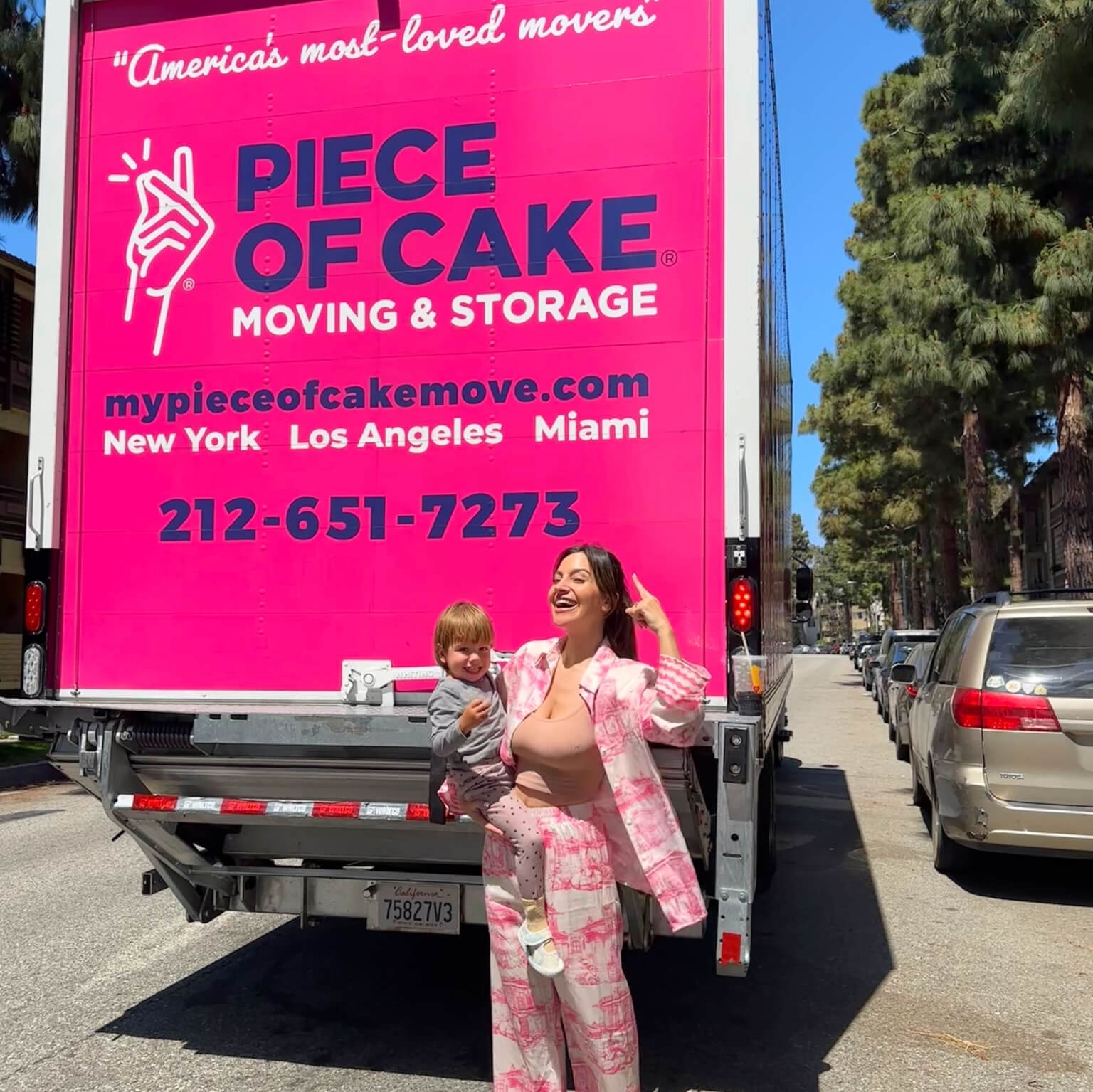
- Studio or 1 Bedroom moves
- Multi-room moves
Miami Studio or 1 Bedroom Moves
In Miami’s real estate market, apartments can range widely in size, from cozy studios in busy downtown areas to spacious condos along the beachfront. While the average studio or small one-bedroom apartment in Miami typically ranges from 500 to 800 square feet, this urban setup encourages a minimalist lifestyle, often translating to lower moving costs for less furniture and belongings.
| Location | Size | Average Local Moving Cost |
|---|---|---|
| Miami | Studio | $450 |
| Miami | 1+ Bedroom | $750 |
For moving within Miami, especially in compact living spaces, you might need two movers, with costs averaging from $450 for a local studio move to $750 for a local 1+ bedroom move. Challenges like navigating high-rise buildings with restricted elevator access or moving large custom furniture that requires disassembly may have additional costs.
Miami Multi-room Moves
In Miami, the allure of spacious two to three-bedroom apartments is real, but it also comes with higher moving costs due to the increased volume of possessions and furniture. Larger residences often contain multiple rooms with setups like home offices, home gyms, or walk-in wardrobes.
| Location | Size | Average Local Moving Cost |
|---|---|---|
| Miami | 2+ Bedroom | $1,050 |
| Miami | Large House | $1,850 |
For these larger moves within Miami, professional movers typically need to deploy a team of three or more movers. For moving a two-bedroom unit, moving prices average at $1,050 and can cost up to an average of $1,850 for a local large house move. The cost of moving also depends on factors like the complexity of the move based on the apartment building layout, elevator access, or the need for handling specialty items.
To get the most accurate quote from movers, it’s also important to consider not just the volume of your belongings and the moving distance, but also the specifics of your unique moving situation, including the day/time your move is scheduled and the potential need for additional services.
Miami Moving Cost Factors
- Packing supplies
- Housing application fees
- Lease terms
- Connections & utilities
- Your time & effort
- DIY move
Packing Supplies
Even a studio-sized move in Miami can cost $150-$200 for sturdy packing materials to protect your belongings for an efficient and safe move. Sourcing strong, damage-free boxes from local businesses or repurposing boxes from recent movers in your building can help cut down your moving costs. For example, each shelf on a three-shelf bookcase will already need roughly 3 medium-sized boxes for one box per shelf.
For those looking to save money and trees, consider renting plastic moving bins. These are often available for rent in one-week increments, costing around $50-$100 for a set of 20 bins. These rental bins are durable, waterproof, and stackable, which make them an excellent choice for efficient and environmentally-friendly packing. However, keep in mind that if you don’t plan on unpacking quickly, the rental bin costs can accumulate week-to-week.
Housing Application Fees
In Miami, the rental market spans a wide spectrum, from high-end luxury apartments to more traditional rental units. The housing application process can be quite rigorous and involve non-refundable application fees. Typical costs for prospective tenants might include a $50 credit check, with application fees ranging from $100 to $150, and, occasionally, more extensive background check fees depending on the building’s requirements.
Prospective renters should be prepared for these expenses and factor them into their moving budget to ensure you’re not caught off guard by the ancillary costs associated with moving.
Lease Terms
It’s important to also read the fine print of your lease, especially when it comes to the notice period required for vacating an apartment and not renewing your lease. Most rentals traditionally require a 30-day notice, but it became more common for leases to require a 60-day notice, a trend observed since COVID. Take notice of any clauses in your lease that might allow a landlord to reclaim concessions such as discounted rent if you leave earlier than the lease contract terms.
Understanding these aspects of your rental agreement can help you avoid unexpected charges and ensure a smooth transition without any financial hiccups.
Connections & Utilities
Transferring utilities and services like Wi-Fi and electricity when moving can help you save both stress and money. Preparation is key. To avoid any disruption to your services, especially when it comes to the internet, it’s best to notify your service providers well ahead of your move to schedule a start/stop date for your services. Update your service address and adjust or confirm your subscription packages in advance. It’s also a great time to try to negotiate or benefit from any promotions or deals.
For example, it’s common for some residential buildings to have exclusive contracts with specific service providers, meaning you might need to switch from your current provider, like AT&T, to another, such as Comcast. Also, depending on the previous tenant’s setup, this could require a technician visit to set up services in your new home, which usually has a separate one-time setup and equipment fee.
Handling these details of your move ahead of time can prevent last-minute hassles and additional costs, so you can enjoy your new home in Miami without any interruption to your essential services.
Your Time & Effort
Taking a day off work on the day of your move is needed not only for overseeing the move but also for settling into your new place. This can help ensure that everything is placed and unpacked where it belongs.
If your calendar allows for it, aim to schedule your move during off-peak times like on a weekday for lower moving costs. However, if taking time off during the week isn’t an option, planning your move for a Saturday is a good alternative, but keep in mind that weekends are generally busier and more costly due to higher demand, but the added convenience might be worth the higher price.
DIY Move
For those planning a DIY move in Miami with a rental truck, it’s essential to inquire about specific details that can affect the cost and logistics of your move. First, check if the truck rental includes free mileage for local trips, which can significantly reduce your rental expense. Also, ask about one-way rental options that allow you to drop off the truck at a location closer to your new home, rather than dropping off at the same pick-up location near your old address.
Remember that the final rental cost can increase due to fuel charges, extra mileage, tolls, or additional insurance if you opt for more comprehensive coverage. These factors can depend on the size of the truck, the duration of the rental, and the specifics of your move, such as the distance between locations.
Overall, managing a DIY move requires careful planning, since you’re overseeing all the logistics and labor of your move. Assess all aspects, including the potential savings versus the time and effort involved to see if it is truly more cost-effective than hiring professional movers. It helps to compare the cost-effectiveness of a DIY move with the practicality and demands of managing the move yourself.
Opting for professional movers like Piece of Cake Moving & Storage ensures that your belongings are handled safely and efficiently, so you can focus on relaxing when you arrive at your new home. The peace of mind and convenience are often worth the small investment. We offer transparent flat-fee pricing and a detailed quote to ensure there are no unwanted surprises.
Tips for Reducing Miami Moving Costs

- Declutter before moving
- Off-peak moving times
- Gather free packing materials
Declutter Before Moving
We’ll keep it simple: the less stuff you have to move, the cheaper it’s going to be. Take some time to sift through your things and decide what you really want to keep and move with you. Donating your unwanted possessions can lighten your load and might even put some extra cash in your pocket if you decide to sell your unneeded electronics, appliances, or furniture.
Off-Peak Moving Times
Planning is everything. If you have a flexible schedule, try to move on a weekday, like a Tuesday or Wednesday. Most people want to move on the weekend or at the end of the month, so movers usually charge more during these peak moving times. A mid-week move could help you pocket substantial savings and you’ll have easier access to services during the work week.
Gather Free Packing Materials
Why buy boxes if you can get them for free. Local grocery stores, bookstores, and retail outlets often have boxes they are willing to give away. You can also check community boards. Not only does this save money, but it’s also a bit more eco-friendly. Plus, it’s a great way to meet neighbors if you’re able to get free moving boxes from people nearby who have just moved in.
So, what can you typically expect to pay for a move in Miami? While there is no one-size-fits-all answer, the costs depend on main factors like the size and distance of your move, as well as the season, time of the move, and complexity.
Whether you’re moving to a chic Miami beachfront condo or a quieter suburban home, understanding and managing your moving costs can make all the difference. With the right preparation and a trusted moving company by your side, you can make your transition as smooth as the Miami breeze.
Ready to get started on your move? Contact Piece of Cake Moving & Storage today for a tailored quote to estimate your Miami moving cost. Let us make your Miami move a piece of cake!
Ready to make a move? Get in touch today for an obligation-free guaranteed flat price moving quote.
Related articles
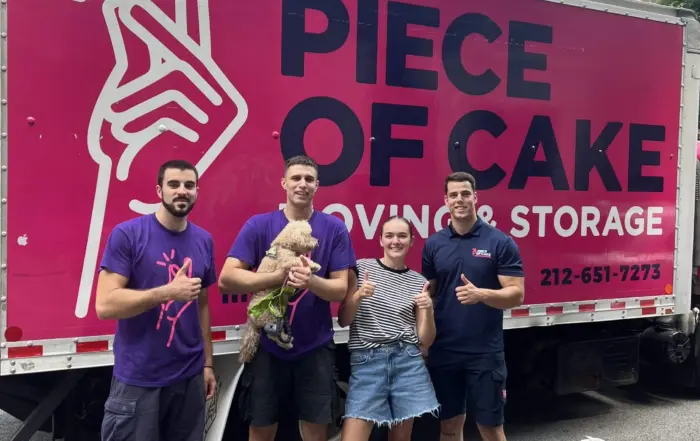
Average Moving Cost in Connecticut: Factors that Affect Moving Prices
Learn More
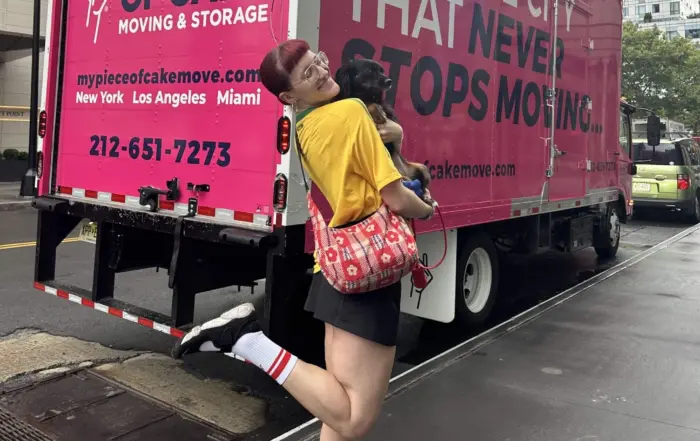
9 Tips for Moving to a Building with no Elevator
Learn More
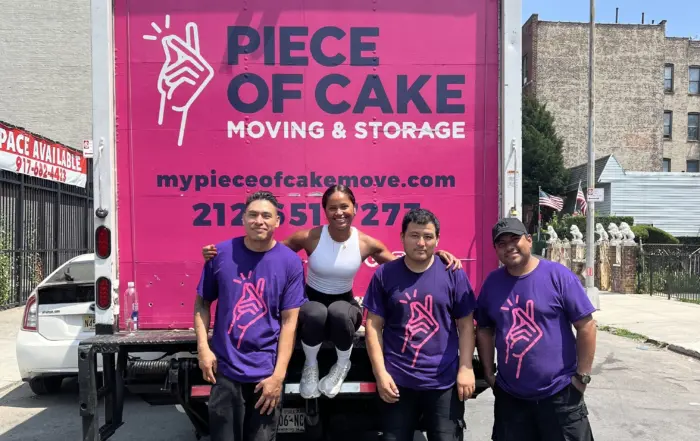
How to Get Rid of a Couch in 8 Easy Ways
Learn More
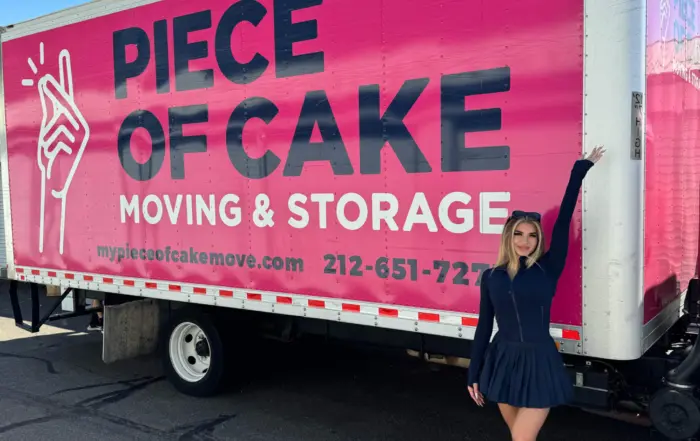
Average Moving Costs in NJ: Factors that Affect Moving Prices
Learn More
